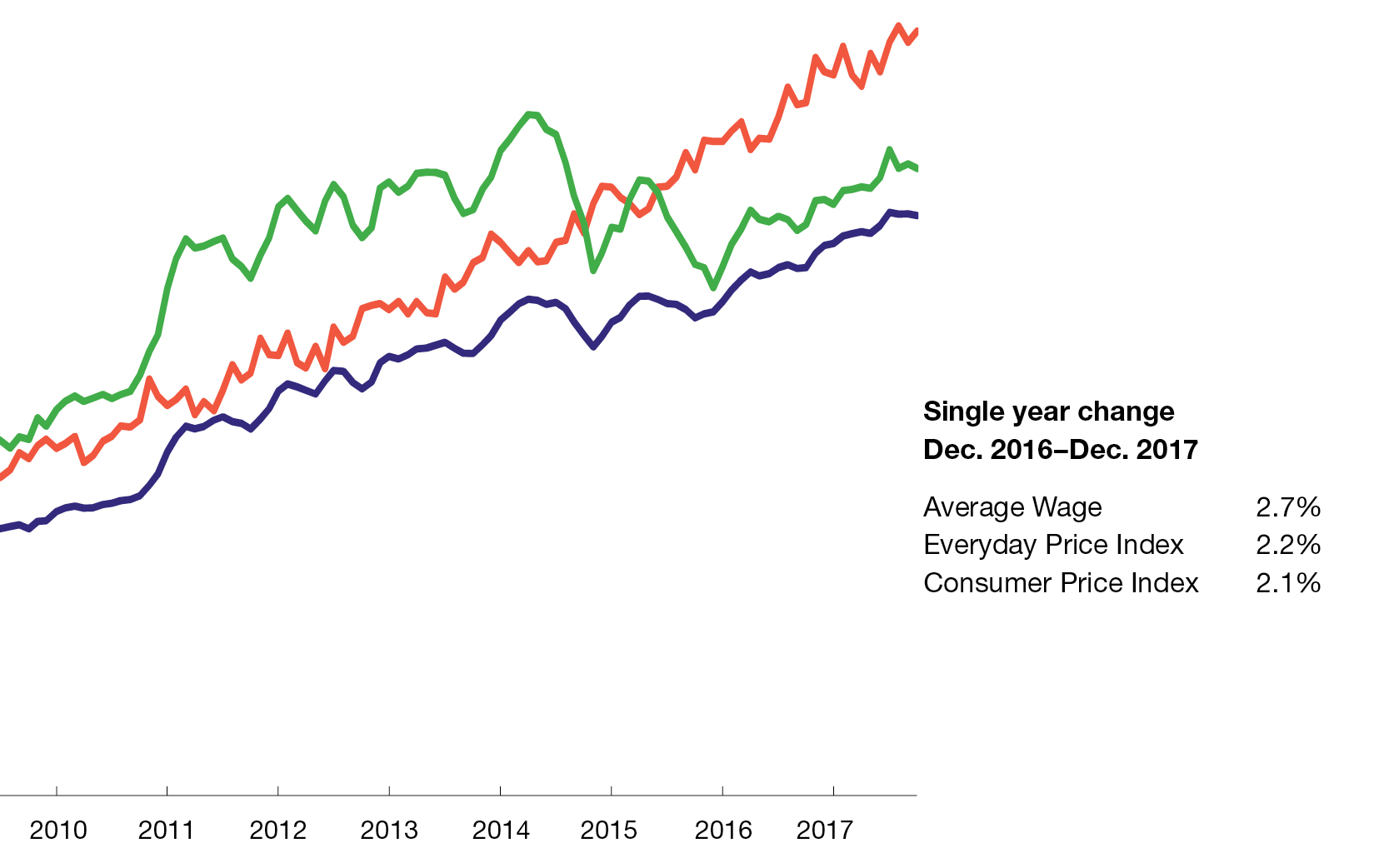Make-Work Is Wasteful

In their personal lives, people kvetch about work and love labor-saving devices. (How many would part with their dishwashers, washing machines, dryers, and power mowers?) But regarding government policy, some of the same people complain when work becomes unnecessary — that is, when jobs are “destroyed.” They complain loudest when trade with foreigners makes work unnecessary, although other factors have the same consequence.
George Mason University economist Bryan Caplan calls this mentality the “make-work bias”:
The public often literally believes that labor is better to use than conserve. Saving labor, producing more goods with fewer man-hours, is widely perceived not as progress but as a danger. I call this the make-work bias, a tendency to underestimate the economic benefits of conserving labor. Where noneconomists see the destruction of jobs, economists see the essence of economic growth: the production of more with less.
Combine the make-work bias with the anti-market bias and anti-foreign bias, and you get the Trump administration. President Trump and key members of his administration condemn “job-stealing” trade with foreigners and promise to bring the jobs back. Maybe they left for a good reason.
The determined job savers don’t seem to realize that foreign trade is but one thing that eliminates American jobs. Domestic trade does too. People constantly offer to sell me even relatively simple things at prices so low that it would make no sense for me to make them myself. Does that make those merchants job killers? No, it makes them time and work savers. Since I am spared the toil, I have time for other things, not least of all leisure. (See Frédéric Bastiat’s memorable fable on this point.)
New inventions eliminate jobs too. Because of technology, fewer people are required to work in agriculture to produce all the food we want. (As another George Mason University economist, Donald Boudreaux, reports, “In 1820, 79 percent of Americans worked in agriculture.”) Good thing or bad? Obviously, good. All those people who would have been farm workers are making other products — so we can have those things plus more food at the lowest cost ever. Likewise, because of robotics, all those now-unnecessary factory workers can provide services we could not afford previously.
Here’s another job killer: consumers’ fickleness. When people’s tastes change, they buy different things. If they decide that a low-carbohydrate, high-fat diet is better than the reverse, they “harm” some workers by altering what they buy at the supermarket. Workers who make cookies, crackers, and candy may have to find new jobs. They might even have to retrain and take a pay cut. (Government can ease the hardship by eliminating business regulations.)
Foreign trade is apparently the least significant of all factors that generate what Joseph Schumpeter called “creative destruction.”
Using data from the Center for Economic and Policy Research and the Bureau of Labor Statistics, Donald Boudreaux writes,
Earlier this year the trade skeptics at the Center for Economic and Policy Research estimated that the number of American jobs destroyed each year by imports from 2001 through 2007 was, on average, 620,000 – or 3.72 million over the full six-year period. Let’s not question the CEPR’s figure – a figure that that organization has every interest in making as large as possible – and compare it to total layoffs and discharges in the U.S. The month of September 2017 alone saw 1.7 million layoffs and discharges. This monthly figure is typical. Therefore, in each two-month period today in the U.S. the total number of jobs destroyed is about the same as the number of jobs destroyed by imports over the entire six-year period 2001-2007.
These facts imply that the vast majority of job destruction is caused by improvements in technology, shifts in consumers’ tastes, and other economic changes that have little or nothing to do with imports.
So, if it’s important to save jobs — to make work — shouldn’t we not only limit trade, but prohibit technological advances and changes in consumer tastes? In his important book The Road to Serfdom, Nobel Prize–winning economist F. A. Hayek noted that one of the biggest obstacles to government economic planning is the consumer. Unpredictably changing preferences will surely upset any plan. To save the plan, freedom would have to be restricted. Protectionists today do not propose full central planning, but their program incorporates planning elements and is similarly flawed. While protectionists don’t propose to outlaw changes in tastes — thank goodness — they do propose to penalize preferences for imports with taxes (tariffs).
Impediments to trade are like impediments to technological innovation because trade is a labor-saving device. No one can force an American to buy an import. He or she does so because it’s the best deal on the table. Politicians might make American-made products more attractive by cutting taxes, regulations, and subsidies. But interfering with trade will make everyone poorer.







